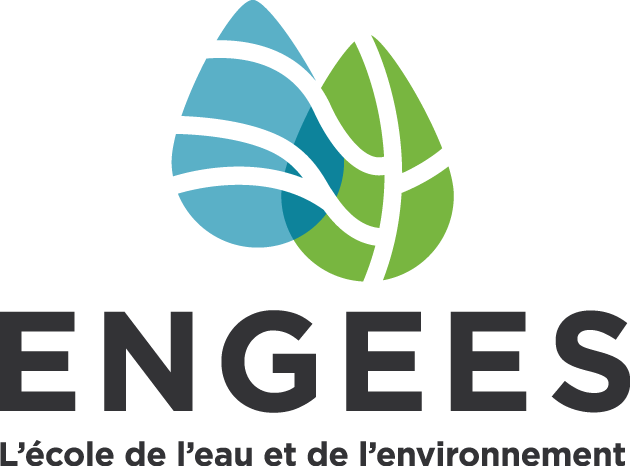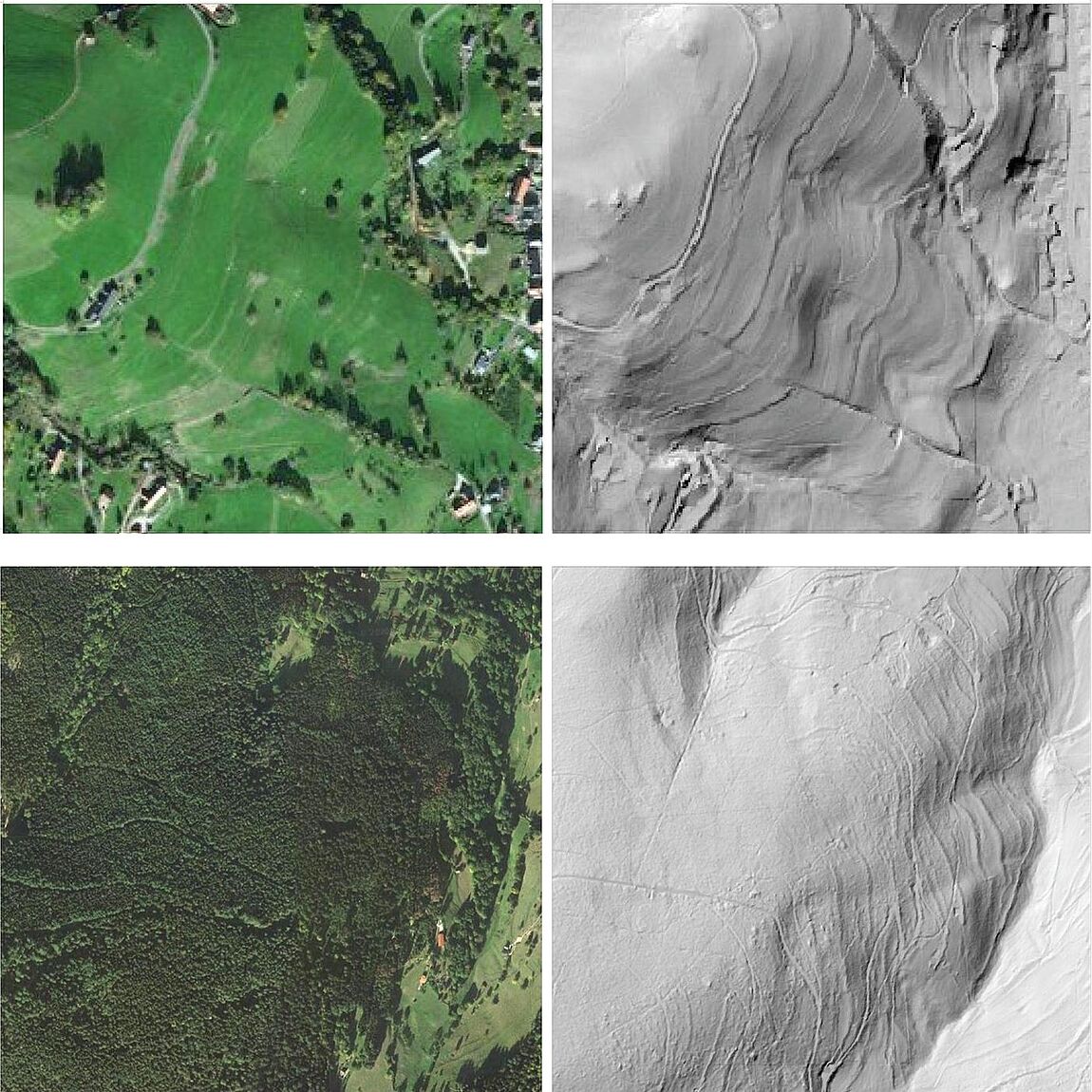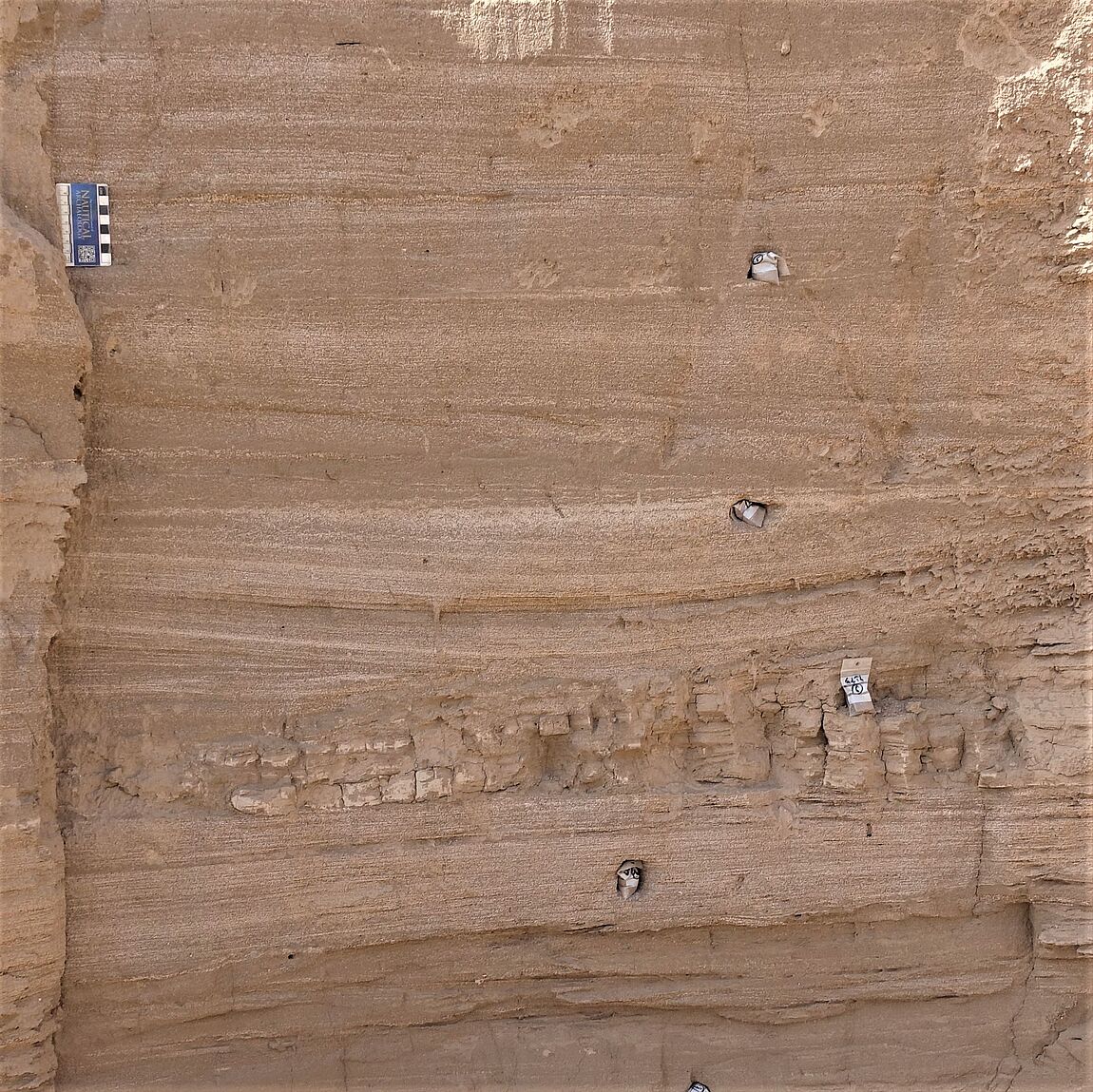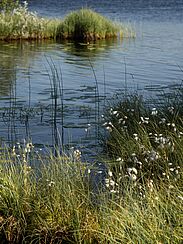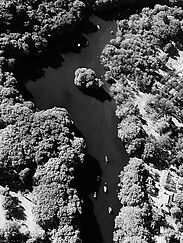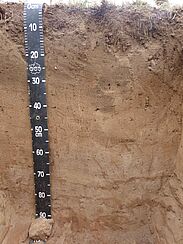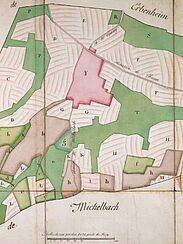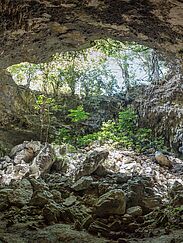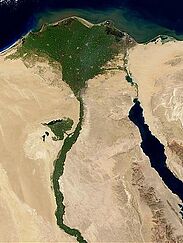

Overview
This research cluster aims to reconstruct the long-term landscape dynamics in order to better understand the interactions between societies and their environments: hundreds of thousands of years (Quaternary), thousands of years (Holocene), last centuries or decades (Anthropocene).
To achieve this objective, our research team challenges research questions in geoarchaeology, geomorphology, pedology, historical ecology and palaeoecology.
We are training students on these topics at the Master level, in particular through the program FERN (Master GAED, University of Strasbourg) or at PhD level.
we seek each period of the life of people through time interacting with the change of the environments, and we observe the combined action of Nature and Humans, in reaction to the Earth that formed them
(Elysée Reclus, L'Homme et la Terre, 1905)
Keywords
Geomorphology – Geoarchaeology – Palaeoenvironnements – Historical Ecology – Pedology – Upper Rhine Graben – Vosges – Black Forest – Mediterranean Area – Strasbourg – France – Germany – Italy – Spain
Studied material and methods
Sedimentary and pedological archives: Using underground data, we aim to reconstruct the evolution of landscapes over time. We develop original research using both classic and novel instrument facilities (see our equipments) and by implementing innovative methodologies (sediment sourcing, combined chronologies, PADM chart).
Research themes
Study areas
Upper Rhine Plain (Rhine, Meurthe, Moselle) / Strasbourg / Alsace / Lorraine / Vosges / Black Forest, Italy, Spain, Cyprus, Morocco, Egypt, Lebanon, Jordania, Iraq, Pakistan, Laos

